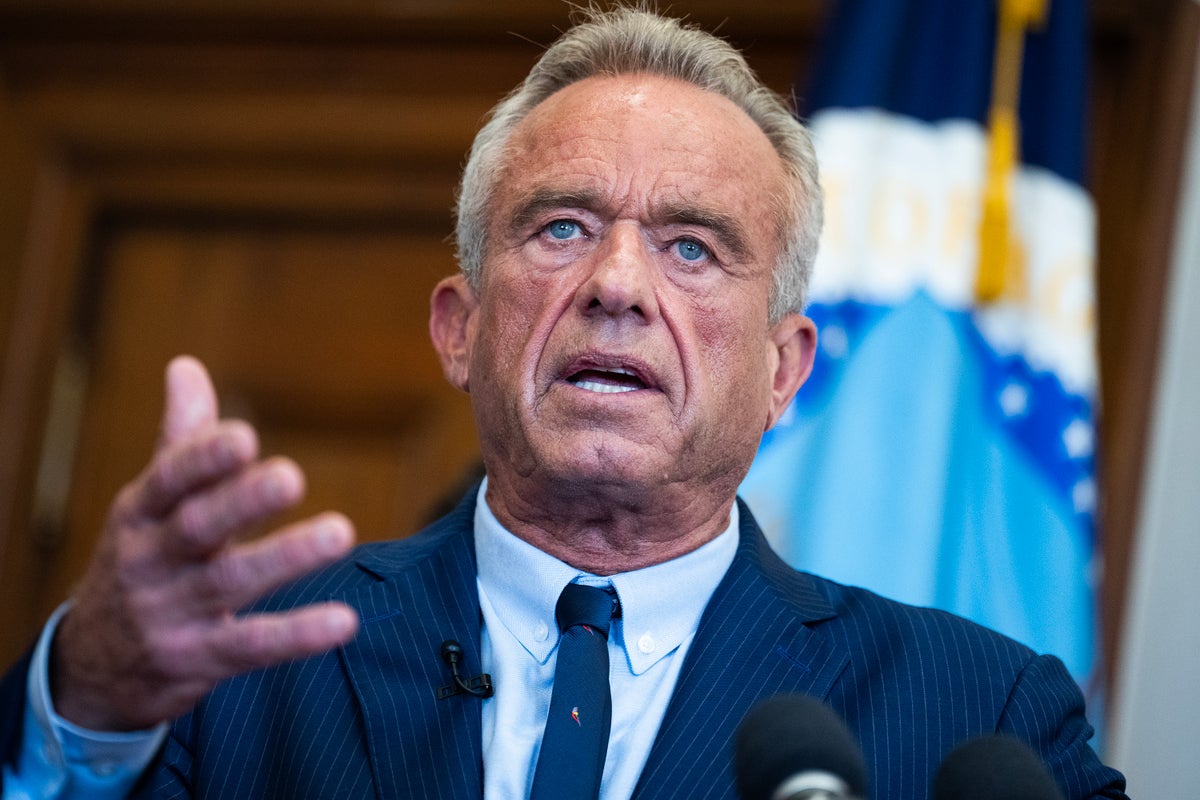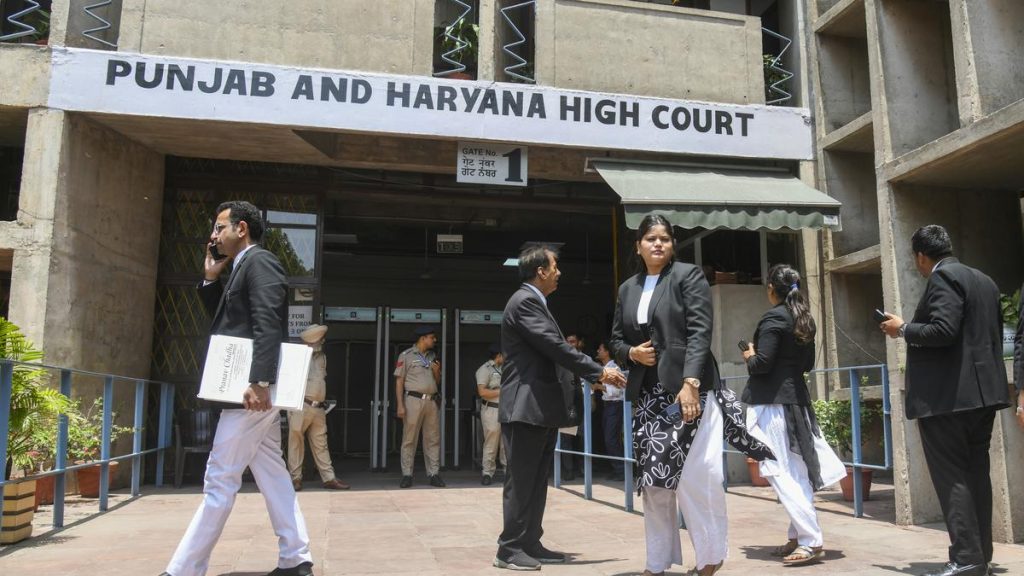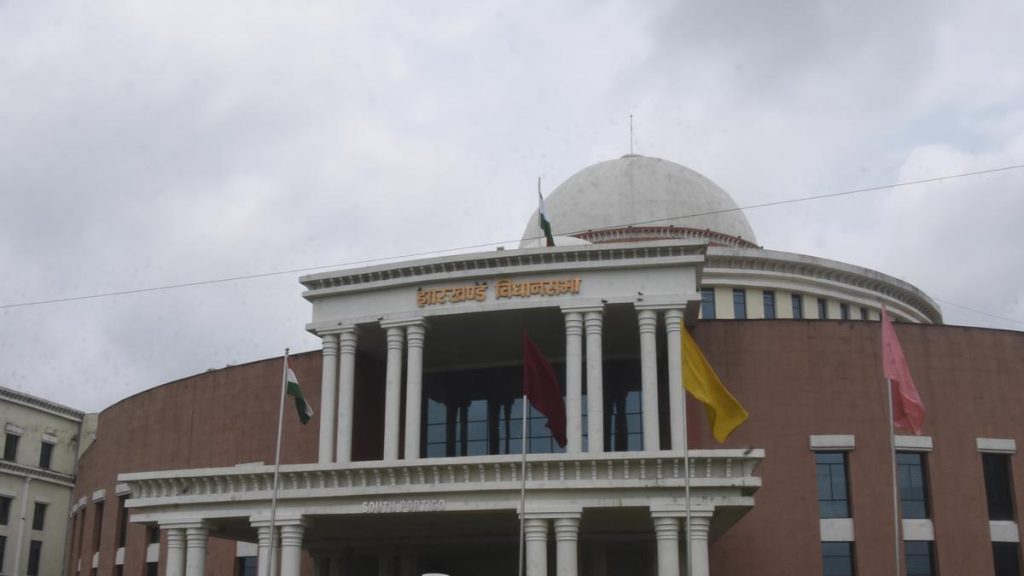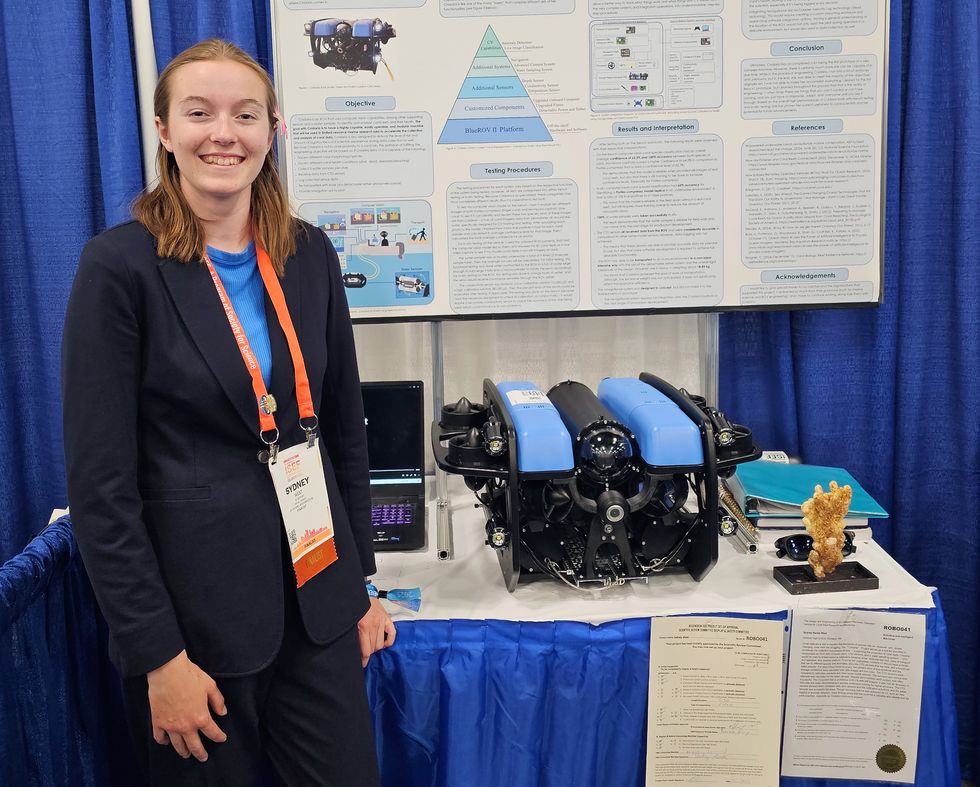Now Reading: RFK Jr. Calls for Vaccine Study Retraction, Journal Declines
-
01
RFK Jr. Calls for Vaccine Study Retraction, Journal Declines
RFK Jr. Calls for Vaccine Study Retraction, Journal Declines

Swift Summary
- News Focus: U.S.Health secretary robert F. Kennedy Jr. called for the retraction of a Danish study published in Annals of Internal Medicine, which found no link between aluminum in vaccines and chronic diseases in children.
- Study Details: The study analyzed data from 1.2 million children born over two decades in Denmark and reported no meaningful risks of autoimmune, allergic, or neurodevelopmental disorders caused by aluminum compounds used as vaccine adjuvants.
- Kennedy’s Criticism:
– Exclusion of children who died before age two, potentially eliminating key data points.- Lack of comparison between vaccinated and unvaccinated groups, despite available data on unvaccinated children.
– claims that secondary analysis showed a heightened risk for Asperger syndrome with increasing aluminum exposure (data flagged by authors as incomplete).
- Journal’s Response: Annals of Internal Medicine stated there were no errors or misconduct warranting retraction and stood by their findings.
- Background:
– Aluminum has been used safely in vaccines worldwide for decades according to various experts like virologists Gary Grohmann and epidemiologists Allen Cheng.
– Previous claims linking autism to aluminum-containing vaccines have been widely debunked.
!RFK Jr. gesturing as he speaks
indian Opinion Analysis
The ongoing debate around vaccine components like aluminum highlights how scientific research can become politicized when public officials question established findings without providing robust counter-evidence. While clarity about potential concerns is valid,calls for retracting peer-reviewed studies-especially large-scale ones with rigorously defended methodologies-risk undermining scientific integrity.
For India, where vaccination programs are critical to controlling infectious diseases across vast demographics, similar challenges could arise if misinformation or skepticism gains traction among the population or policymakers. India’s immunization strategies rely heavily on globally accepted practices backed by science; deviations could harm public health initiatives targeting preventable conditions such as pneumonia or diphtheria.
This case emphasizes the importance of protecting scientific processes while also fostering open dialog about legitimate critiques-a balance essential for building trust among citizens wary due to misinformation campaigns tied to healthcare policies globally.
























